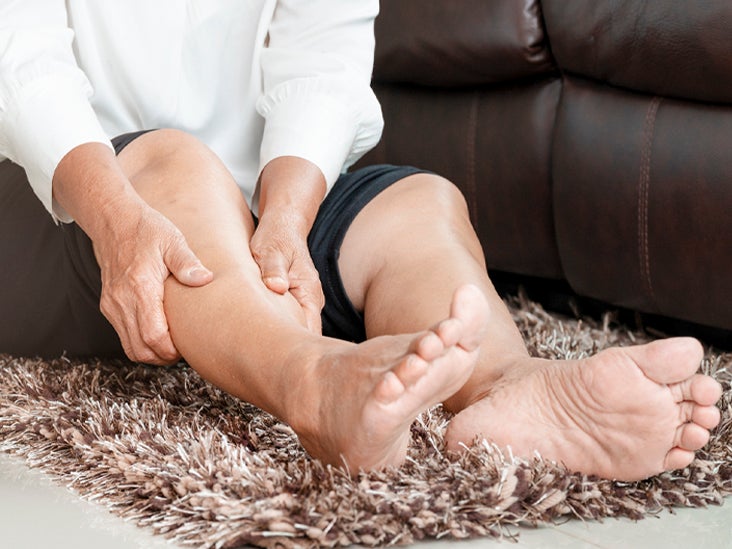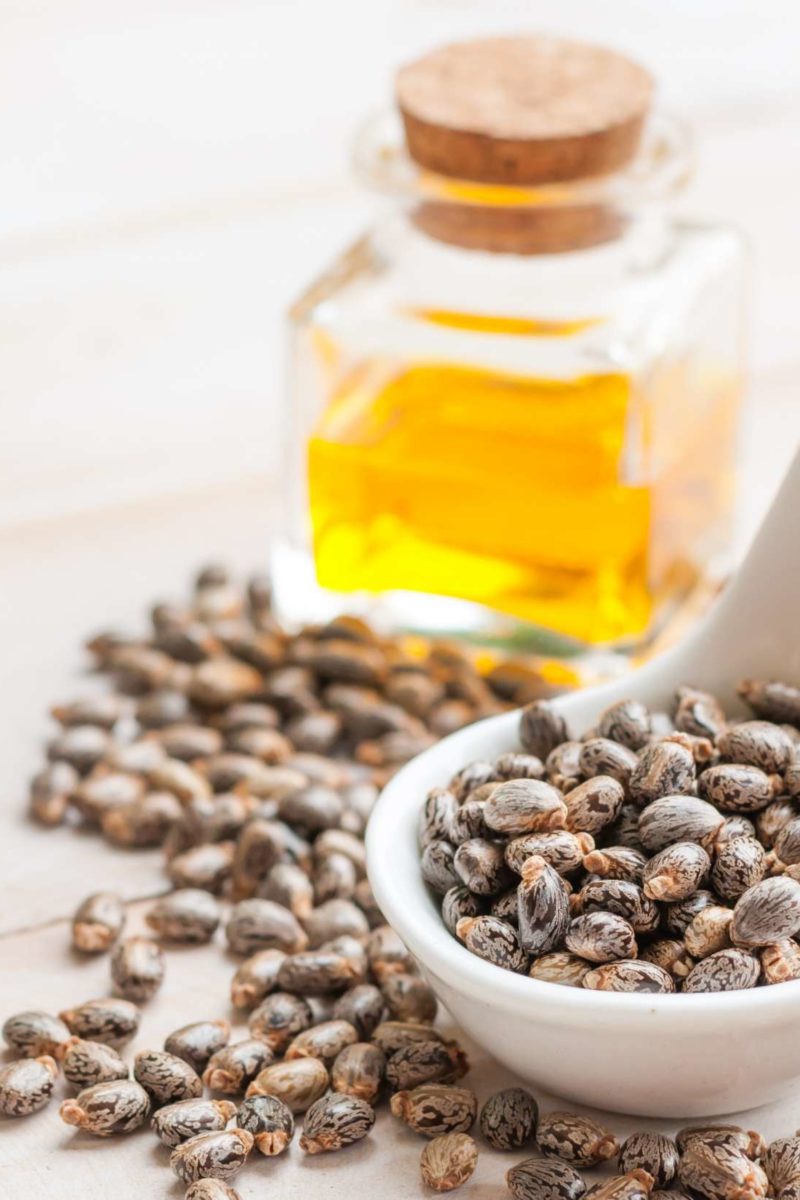5 Powerful Natural Remedies for Peripheral Neuropathy
According to estimates, 20 million Americans and 60–70% of diabetics experience some sort of peripheral neuropathy. There's a good likelihood that if you have diabetes, you'll eventually develop diabetic neuropathy. Unfortunately, chemotherapy-induced neuropathy is also a very common problem that can occur after a cancer patient receives this form of treatment.
Thankfully though, peripheral neuropathy is reversible and curable - even if you do have diabetes or suffer from chemo-induced neuropathy. So here are the top 5 natural remedies and treatments for neuropathy in order of importance. For these to work, you must follow the directions and recommendations to the letter. You must also continue to use them for the rest of your life and not treat them like a prescription. You don't just want a bit of relief from your peripheral neuropathy, you want to cure it for good. That's what these remedies will do...
1. Calcium, Magnesium & Vitamin D: When nerve damage occurs (such as with peripheral neuropathy), the protective layer or insulation material that surrounds the nerves known as myelin is what gets damaged. Without this "protection," peripheral nerve impulses get distorted and neuropathy is the result. So once you repair the myelin sheath, the nerves start working properly again. Calcium, magnesium, and vitamin D are crucial for this.
Calcium and magnesium are essential for the development, structure, and stability of the myelin sheath. Calcium is needed for the transmission of nerve signals between the brain and body and magnesium is involved in muscle contraction, nerve conduction, and muscle relaxation. And recent studies have shown that vitamin D can help to reduce the pain and inflammation associated with neuropathy, along with actually repairing the nerves and myelin sheath...
To get your required daily amount of calcium and magnesium, you need to forget about eating calcium and magnesium-rich foods. They don’t exist anymore! Unfortunately, modern farming methods have now left our foods almost totally void of calcium and magnesium - so you will definitely need to supplement. Taking coral calcium supplements is one of the best ways to receive calcium and magnesium at the correct ratio and many also come with added vitamin D for good measure (such as this one). They work a treat!
In addition to taking coral calcium, you need to make sure you use a transdermal oil spray for an extra supply of magnesium. Magnesium is the most important mineral for the human body, especially the nerves, but is quite poorly assimilated internally. However, with a transdermal magnesium spray, it gets absorbed 100% through the pores of the skin straight into the bloodstream. This is a very powerful way to get the magnesium you need into the nerve fibers and myelin sheath. The only downside to a transdermal spray is it can be a bit uncomfortable on the skin (it gives a tingly feeling), but the inconvenience is definitely worth it. You can either buy a pre-mixed oil spray or make up your own (which is much cheaper). Here’s how to make it yourself…
What You’ll Need:
- 1/2 cup of Magnesium Chloride Flakes (like these)
- 1/2 cup of Distilled Water
- Glass Bowl
- Spray Bottle to Store the Mixture
Directions
- Boil the ½ cup of distilled water and tip it into the glass bowl
- Add the ½ cup of magnesium chloride flakes
- Stir the mixture until the magnesium chloride flakes are dissolved.
- Leave to cool completely then store in the spray bottle
How to Use:
Spray the oil on the arms, legs, and stomach once daily using 10-15 sprays per application.
For vitamin D, be sure to take a good quality high strength vitamin D3 supplement with added K2 for absorption and get plenty of regular sunshine. The recommended daily intake for vitamin D according to vitamin D expert, Dr. Cedric Garland, is between 4000 and 8000 IU per day, so make sure you get this amount. You can read more about the importance of this here... Why You Need Lots of Vitamin D.
2. B Group Vitamins: B group vitamins, particularly, B6 and B12 are crucial for reducing neuropathic pain and inflammation. Most diabetic sufferers are chronically deficient in B12 so this nutrient should be of particular importance if you have diabetes. You can find B complex vitamins virtually anywhere. 1-2 tablets per day are usually all that's required. AD: BUY FROM HERE
3. Castor oil: Castor oil helps to restore nerve tissue and heal damaged nerves - and is particularly good for alleviating tingling and numbness. Simply massage your limbs, hands, and feet with the oil and leave it on so it penetrates the skin. Do this once to twice daily for best results. I RECOMMEND THIS BRAND
4. Capsaicin Cream: Cayenne pepper contains a powerful pain and inflammation-relieving substance called capsaicin. Many peripheral neuropathy sufferers use a topical capsaicin cream daily and report astonishing results - so be sure to give this one a go. Just make sure you test it out on yourself first using a small amount as capsaicin can sometimes burn sensitive skin. Here are a few good quality peripheral neuropathy relieving creams that contain capsaicin if you're interested... Capsaicin Creams for Nerve Pain.
5. Diet: What you eat and your lifestyle factors are critical when it comes to treating peripheral neuropathy. Alcohol and cigarettes should be completely eliminated. Other harmful foods you want to avoid include sugar, processed foods, fast food, junk food, sodas, processed milk products, foods sprayed with pesticides, and trans-fatty acids. Sweeteners and artificial additives contained in diet sodas and processed foods, such as MSG and aspartame, harm the nervous system tremendously and must be avoided.
The requirements hold true for the foods you should consume... fruit and veg, nuts, seeds, and a lot of it, everything in abundance. Moreover, remember to regularly drink a lot of pure, filtered water to flush out poisons and chemicals from your body's organs.
Try to exercise every day, preferably in a light to moderate manner. Circulation is aided by exercise, which also helps to regulate blood sugar. It also doesn't have to be fancy. It only takes 30 to 40 minutes of brisk cycling or walking.
RELATED: 11 Long Term Effects of Type 2 Diabetes in the body and Complications Associated With It











